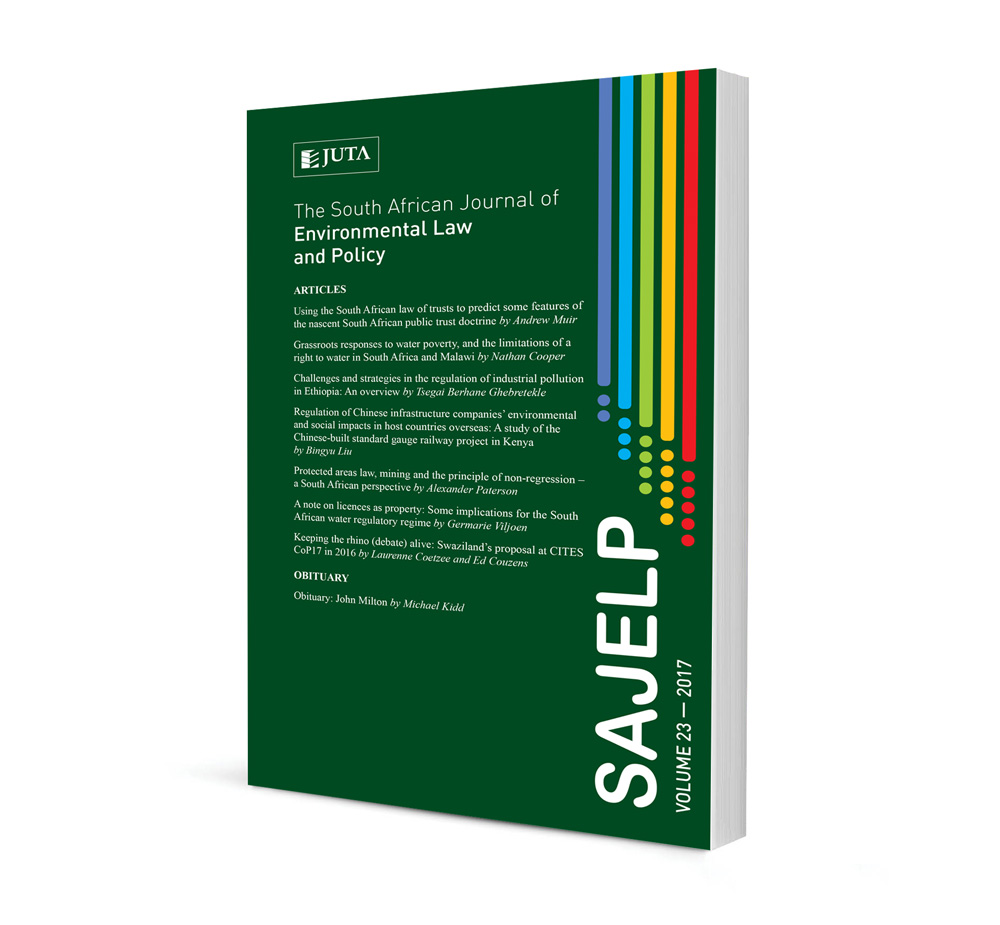The case for asylum seekers’ entitlement to unemployment insurance fund benefits: Musanga v Minister of Labour

The case for asylum seekers’ entitlement to unemployment insurance fund benefits: Musanga v Minister of Labour
Author Dakalo Singo
ISSN: 1996-2177
Affiliations: Director, Werksmans Attorneys
Source: South African Law Journal, Volume 137 Issue 3, p. 407-423
Abstract
In this case note, the author discusses the unreported high court case of Musanga v Minister of Labour. The applicants were a group of asylum seekers who challenged the constitutionality of long-standing statutory provisions and institutional conduct that effectively excluded them from being able to claim benefits from the Unemployment Insurance Fund (‘UIF’), despite the fact that they had contributed to the UIF during their employment. The note analyses the arguments made by the applicants to establish that their constitutional rights to equality, human dignity and access to social security (as encapsulated in the Bill of Rights of the Constitution of the Republic of South Africa, 1996) had been unjustifiably infringed. The note also considers the counter-arguments by the respondents who opposed the application. Having outlined and evaluated the parties’ respective arguments, the author summarises the salient aspects of the court order which, importantly, confirmed (i) the constitutional invalidity of the exclusionary provisions and conduct, and (ii) that asylum seekers are entitled to claim benefits from the UIF. The note highlights the importance of the case in realizing South Africa’s social-justice ambitions.
